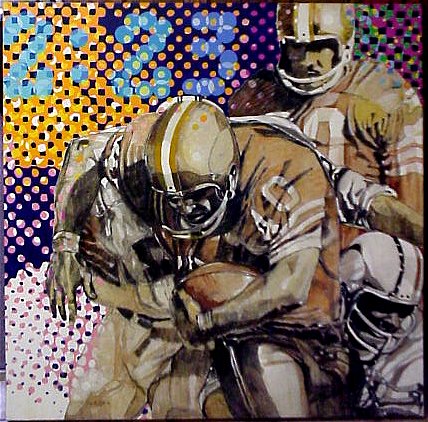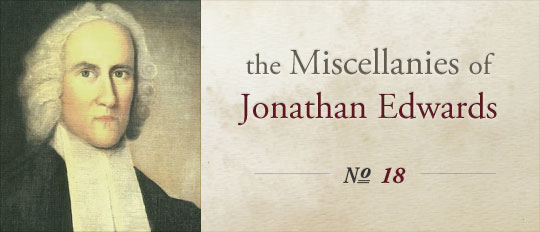The Dutch Reformed Confessions
 The past few years I've been spending time in the Reformed creeds and confessions. Through seminary training at a Presbyterian school I was already familiar with the Westminster standards (Confession of Faith, Larger Catechism, Shorter Catechism). What I haven't known so well are the Reformed creeds and confessions linked to the Dutch tradition (Westminster is British).
The past few years I've been spending time in the Reformed creeds and confessions. Through seminary training at a Presbyterian school I was already familiar with the Westminster standards (Confession of Faith, Larger Catechism, Shorter Catechism). What I haven't known so well are the Reformed creeds and confessions linked to the Dutch tradition (Westminster is British).Of special importance are the so called 'Three Forms of Unity'--the Heidelberg Catechism, the Belgic Confession, and the Canons of Dort. Heidelberg (pictured to the right) is a pastorally warm expression of the Reformed faith in the form of questions and answers. The Belgic Confession is a series of longer but fewer statements covering the main tenets of Reformed theology. The Canons of Dort, from which we get our five points of Calvinism (TULIP), are five statements produced in response to the Remonstrants' (Arminians') five statements, which were themselves a protest against the Calvinistic Belgic Confession.
Several things have struck me in getting acquainted with the Three Forms of Unity.
1. Wow. These guys loved God. They loved his Word, his Son, his grace, and his sole right to run the universe.
2. While, sure, all these documents are historically situated and bear the marks of their time, it is astonishing how much of what they have written transcends their historical situatedness. I observe: to the degree that you seek to submit yourself to the Bible and God's revealed truth, to that degree you lengthen the time your words will be around, maybe for centuries; to the degree that you try to be clever with Christian verbiage but self-produced ideas, to that degree you shorten your words' lifespan. Case in point: Is anyone talking about the Emergent/emerging church anymore, so seemingly significant 4-5 years ago? With Google you can find a few, but the flood of 'conversation' has slowed to a trickle.
3. Doctrinal formulations forged in the fires of affliction have an air of sober, gripping, clear-ringing truth that angry bloggers whose greatest trial has been a B+ in Systematic Theology at their reformed seminary can't touch.
4. These Netherlanders understood the need for the gospel in progressive sanctification. Dort on perseverance:
just as it has pleased God to begin this work of grace in us by the proclamation of the gospel, so he preserves, continues, and completes his work by the hearing and reading of the gospel, by meditation on it. . . . (5.14)Belgic on sanctification:
far from making people cold toward living in a pious and holy way, this justifying faith, quite to the contrary, so works within them that apart from it they will never do a thing out of love for God but only out of love for themselves and fear of being condemned. (Art. 24; emphasis added)5. These guys loved to express truth because they loved to make God look good. They didn't love to express truth because they loved to make themselves look good.
6. Minus the bits on baptism, with which I agree but find frustrating as a dividing line among those who gladly share the rest of this glorious theology, I would like to do what I can in my remaining 1-60 years to make these confessions a beloved staple in evangelical churches of all stripes.
7. These confessions, especially Heidelberg and Belgic, bring out and concretize and sharpen and lift up the gospel. These documents are not, as is sometimes assumed, in competition with the gospel--as if you can have either a Jesus-loving gospel-cherishing faith over here or a more sophisticated Calvinistic theology over there. You go deeper in these confessions, you go deeper in the gospel.
8. Light, heat. Both. Redwood theology with rose beauty. You have to have the right recipe if you're going to make the strawberry-rhubarb pie; but the pie exists not to be analyzed on a petry dish, but to be enjoyed.

















